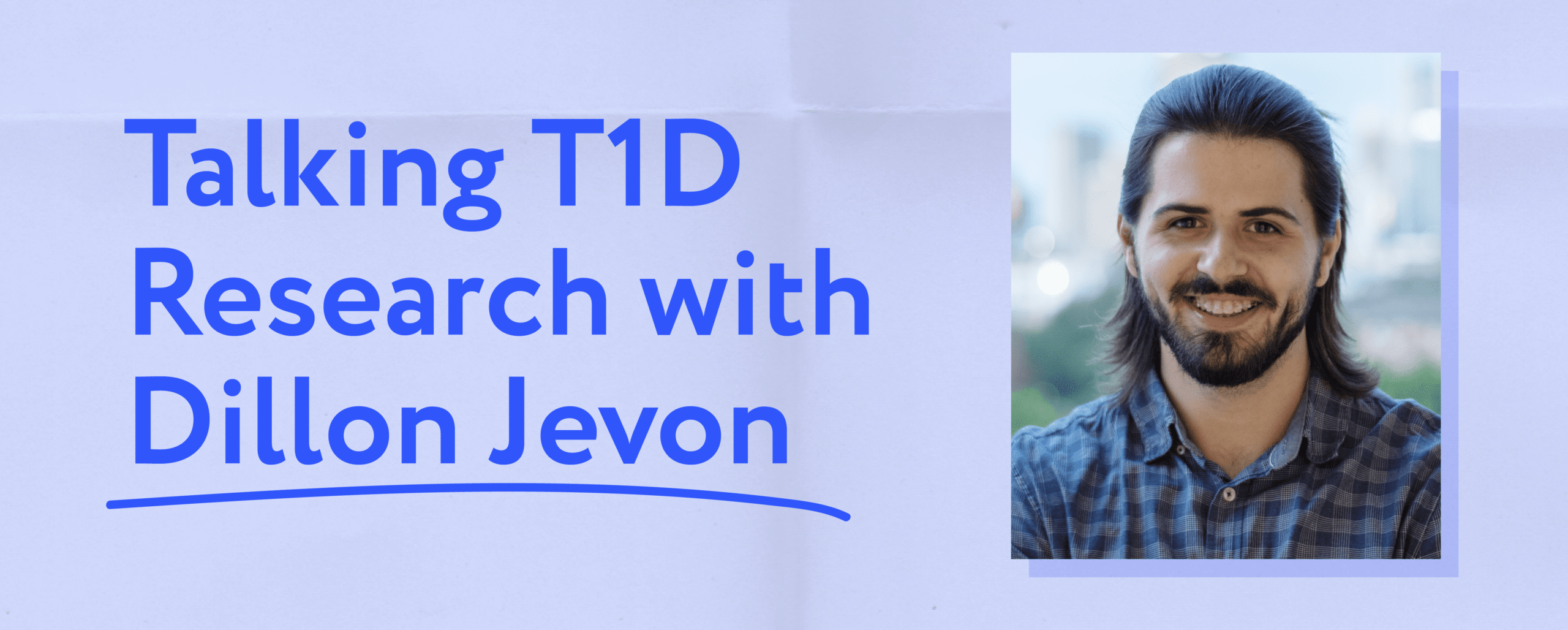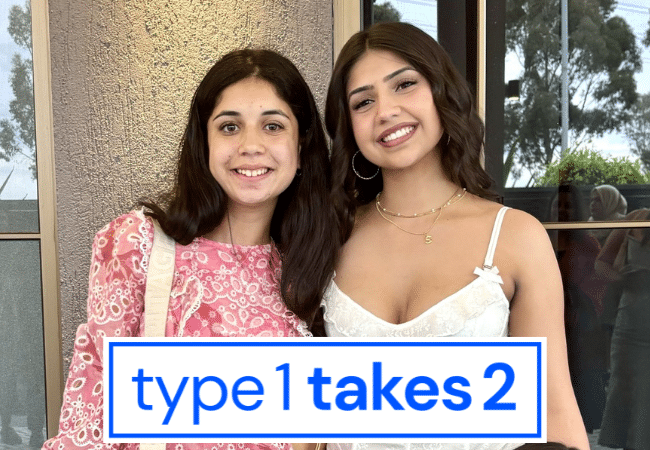
Meet JDRF PhD Top-Up Scholarship recipient Dillon Jevon
Each year, JDRF offers a PhD Top-Up Scholarship to provide additional funding for PhD students pursuing type 1 diabetes research. Since its inception, the scholarship has helped more than 20 outstanding students kick-start a career in T1D research. Over the next few weeks, we’re catching up with some former recipients to find out what they’ve been up to since receiving the award, and where they’re headed next.
Dillon Jevon is a PhD student at the University of Sydney, studying the three-dimensional structure of beta cells and islets. He received a JDRF PhD Top-Up Scholarship for his work in 2020.
We caught up with Dillon to find out more about his PhD project, his plans for the future, and his advice for people starting out in T1D research.
Why did you decide to study type 1 diabetes research?
Growing up, I always had a passion for science, particularly biology. When I was diagnosed with type 1 diabetes at the age of 13, the doctors explained the science behind the disease in a way that I found really interesting. That’s when I decided I wanted to spend my career researching type 1 diabetes.
I completed my undergraduate degree at The University of Western Australia, but I moved to Sydney to study my PhD because I think the type 1 diabetes research that’s taking place here is very exciting.
What does your PhD project involve?
I study the three-dimensional structure of beta cells and their surrounding environment within islets. To do this, I look at live beta cells and record movies of insulin secretion as it happens. By looking at how insulin secretion and beta cell structure are related, I’m discovering new ways that a beta cell’s environment influences the way it behaves.
What does this mean for people with T1D?
My research is helping to build a clearer picture about the structure of healthy beta cells, and the way that they work in their natural environment. This new knowledge is crucial for efforts to replicate healthy beta cells using stem cells and design new transplantation devices to cure T1D.
What are your future career plans?
I love working in research because it’s never boring – every day I get to develop new skills and discuss new ideas. In the future I want to travel to new labs, continuing to research type 1 diabetes and push our boundaries of knowledge. I hope that by the end of my career I will have made a lasting impact on our understanding of type 1 diabetes.
What’s your advice for people wanting to pursue a career in T1D research?
Be prepared to apply yourself to the best of your abilities. If you choose a career in T1D research, you will find the journey incredibly interesting and rewarding. Good luck.
Applications for the 2021 JDRF PhD Top-Up Scholarship are open now. To find out more and apply, click here.




